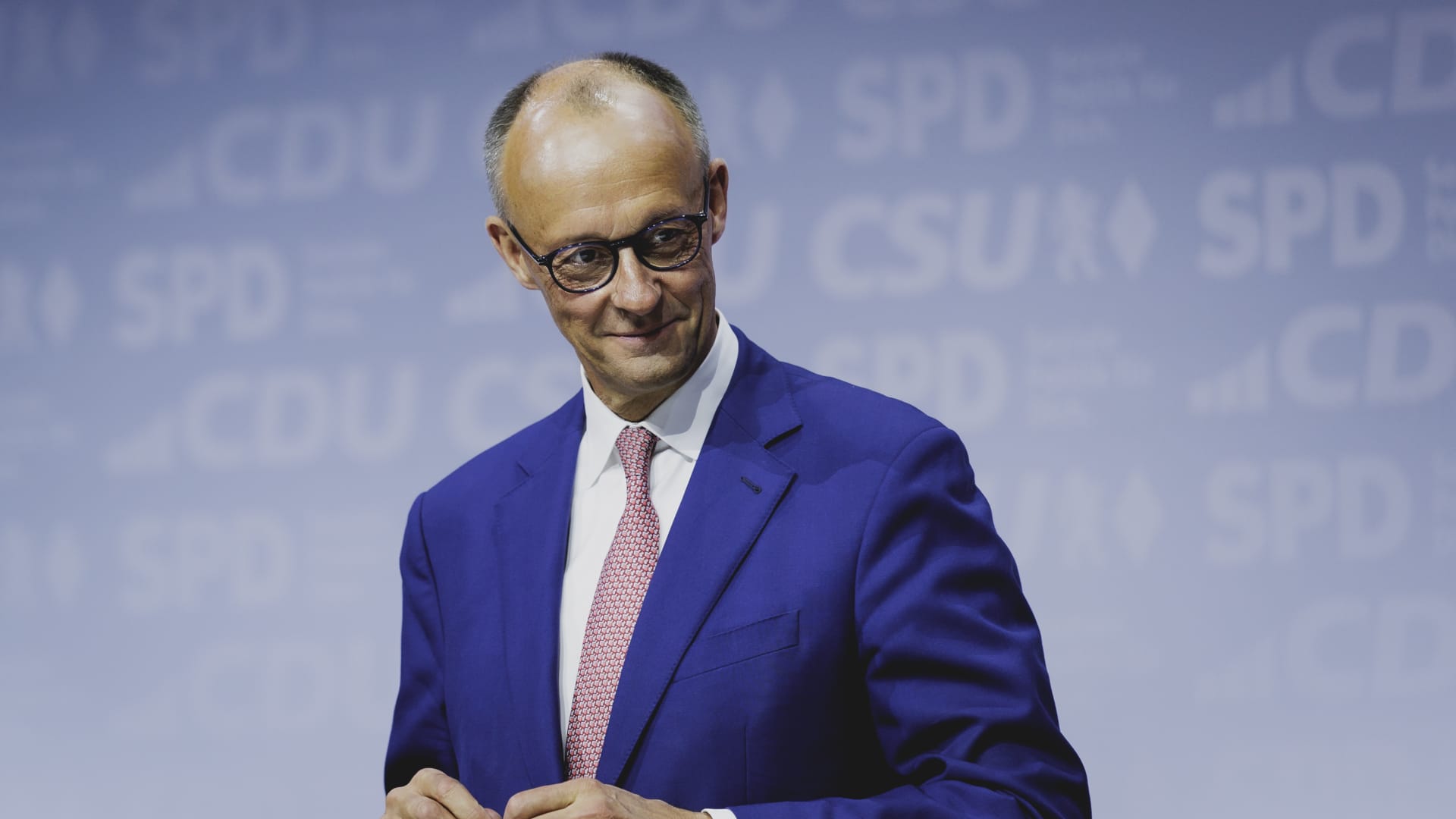A Shock to the System
In the realm of German politics, where stability and predictability often reign, a jolt of uncertainty has stirred the pot. Friedrich Merz, the leader of the Christian Democratic Union (CDU), found himself on the wrong side of history when he failed to secure the necessary votes to become Germany’s next chancellor. This unexpected setback has not only sent shockwaves through the political landscape but also raised critical questions about the future of German politics.
The Vote and Its Aftermath
A Historic First
On a seemingly ordinary Tuesday, the Bundestag, Germany’s federal parliament, convened to elect the chancellor. The stakes were high, and the atmosphere was charged with anticipation. To clinch the top job, Merz needed to secure a majority of at least 316 votes out of the 630 seats. However, the result was far from the anticipated landslide. Merz fell short of the required threshold, marking a historic first—the first time a chancellor-in-waiting failed to secure the necessary votes in the initial round.
The Immediate Impact
The immediate aftermath of the vote was a mix of confusion and concern. The exact number of votes Merz received remained unclear, but it was evident that he had not garnered the necessary support. This failure left the future of the proposed black-red coalition in limbo, with many pondering the implications for German politics.
The Political Landscape
A Veteran in German Politics
Friedrich Merz is no stranger to the political arena. For decades, he has been a prominent figure in German politics, known for his conservative stance and vocal criticism of former Chancellor Angela Merkel. Despite never holding a top government position, Merz’s influence within the CDU was undeniable. His promises of stronger leadership in Europe had initially positioned him as a strong contender for the chancellorship.
The Coalition Conundrum
The CDU, along with its Bavarian sister party, the Christian Social Union (CSU), had been working diligently to form a coalition with the Social Democratic Party (SPD) or the Greens. This coalition was seen as a way to bridge different political ideologies and create a stable government. However, Merz’s failure to secure the necessary votes has thrown this plan into disarray, leaving the political landscape in a state of flux.
Factors Contributing to the Setback
Internal Divisions
One of the key factors contributing to Merz’s failure is the internal divisions within the CDU. The party has been grappling with internal strife, particularly after the departure of Angela Merkel. This internal turmoil may have weakened Merz’s support base within his own party, making it difficult for him to rally the necessary votes.
A Turbulent Political Climate
The broader political climate in Germany has also played a significant role. The country has been dealing with economic stagnation, rising concerns over migration, and increasing polarization. These issues have made it challenging for any political leader to garner widespread support, adding to the complexity of the situation.
The Road Ahead
Reassessing Strategies
The failure of Merz to secure the chancellorship does not necessarily mean the end of his political career. However, it does highlight the challenges he will face in the coming months. The CDU and its coalition partners will need to reassess their strategies and potentially seek new alliances to form a stable government.
The Need for Stability
For Germany, this setback underscores the need for political stability and unity. The country faces significant challenges, both domestically and internationally, and a strong, stable government is essential to address these issues effectively. The coming months will be crucial in determining the future direction of German politics and the stability of its government.
Conclusion: A Crossroads for German Politics
The failure of Friedrich Merz to secure the chancellorship in the first round of voting marks a pivotal moment in German politics. It highlights the internal divisions within the CDU, the challenges of forming a stable coalition, and the broader political turmoil in the country. As Germany navigates these uncertain times, the need for strong leadership and political unity has never been more apparent. The coming months will be crucial in determining the future direction of German politics and the stability of its government. The nation stands at a crossroads, and the choices made in the coming weeks will shape the political landscape for years to come.








